Ontario Nature Blog
Receive email alerts about breaking conservation
and environmental news.
© Lora Denis
Pinery © Christopher Woo CC BY 2.0
In 2010, Canada and the parties to the Convention on Biological Diversity committed to protecting at least 17 per cent of the world’s lands and inland waters by 2020. With the percentage of protected areas in Ontario currently at just over 10 percent, it’s time for an all-out effort to meet the target. Here’s why:
1. To provide safe havens for wild plants and animals.
Protected areas directly address the primary driver of extinction, habitat loss, which threatens over 80 percent of species at risk in Ontario and around the world.
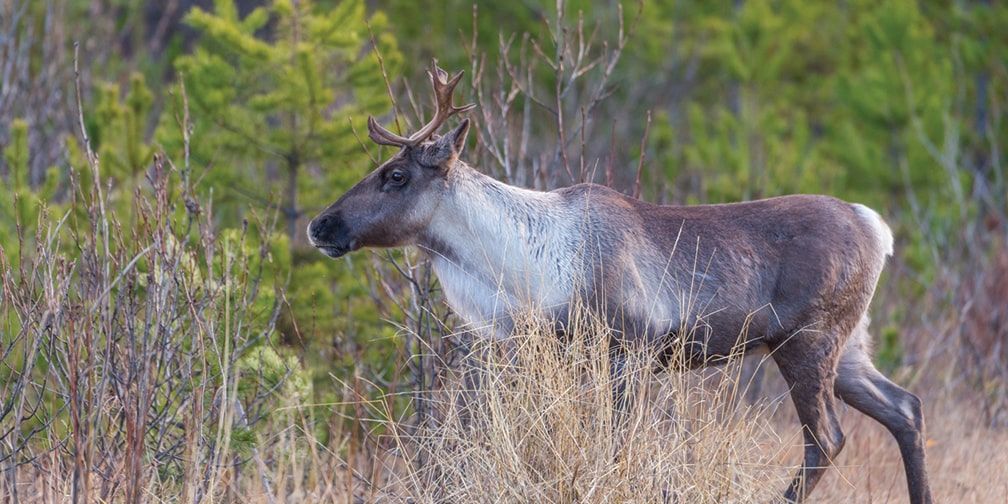
2. To sustain and strengthen Indigenous knowledge and value systems and their application in the conservation of landscapes and cultural practices of significance for Indigenous peoples and all life.
Protected areas established and managed by or in cooperation with Indigenous peoples address the interconnectedness of all life and offer opportunities for hunting, fishing, gathering and low-impact economic development while advancing shared conservation objectives and responsibilities.
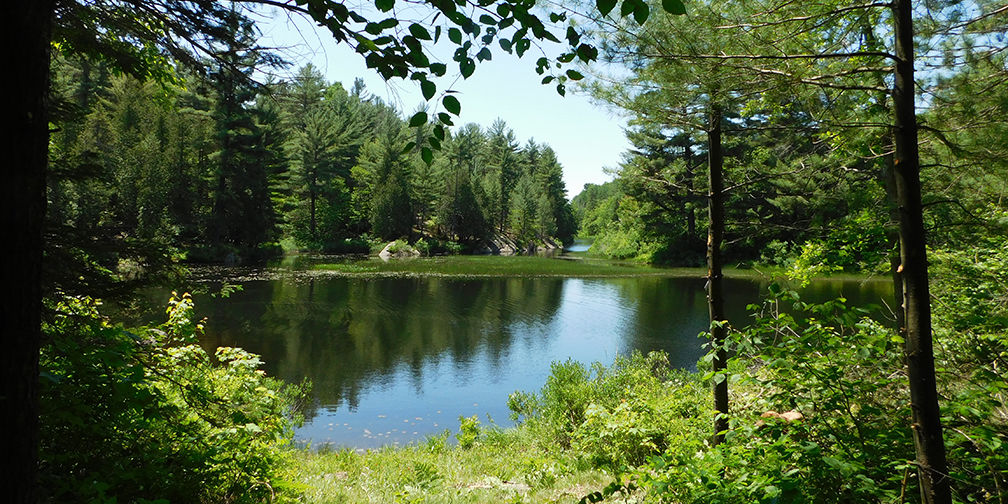
3. To strengthen our resilience to climate change.
Protected areas help to mitigate extreme weather events, enhance carbon storage, and provide space for plants and animals to adapt to a changing climate.
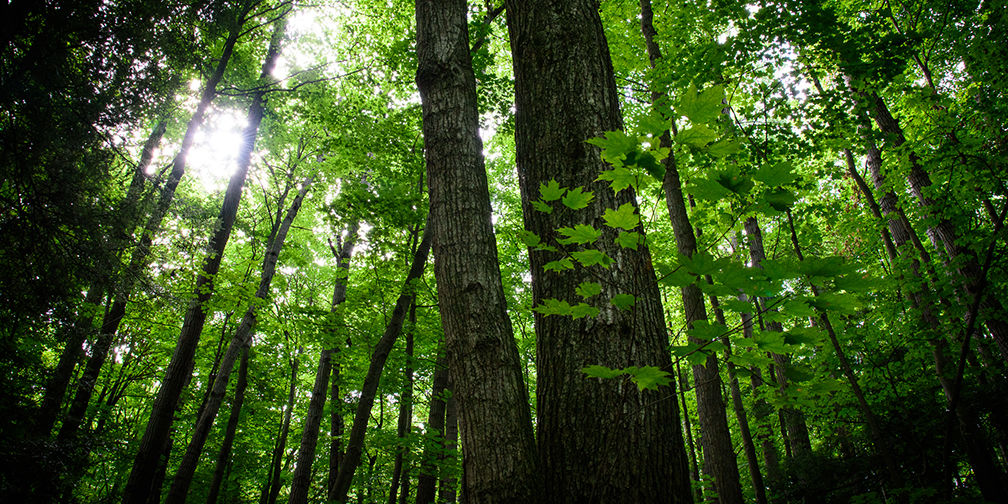
4. To maintain functioning ecosystems and the benefits they provide.
Protected areas provide clean air and water, healthy soils, wild foods and medicines.
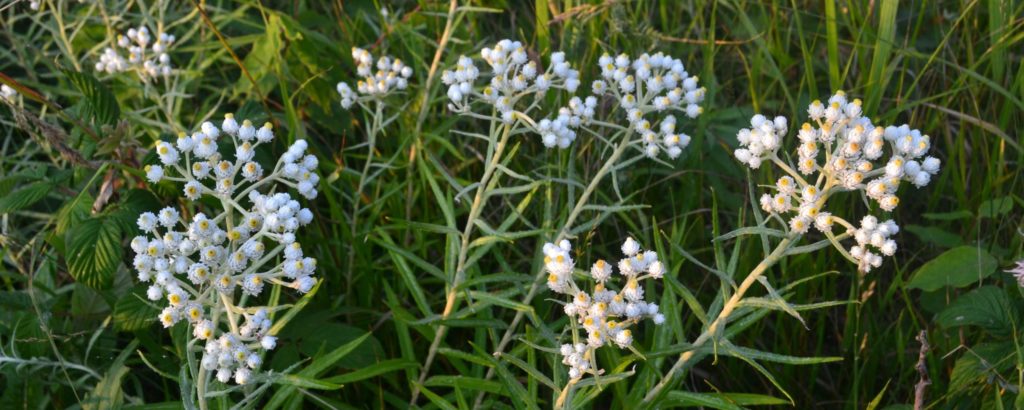
5. To improve our overall health and well-being through contact with nature.
Protected areas are cherished places for physical, mental and spiritual rejuvenation.
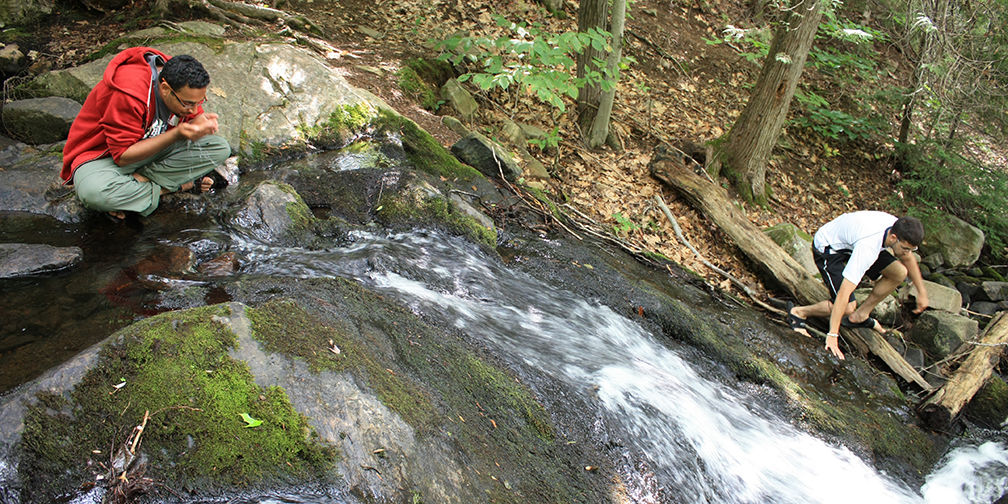
6. To benefit and diversify local economies.
Protected areas provide employment opportunities and contribute billions of dollars to the Canadian economy every year.
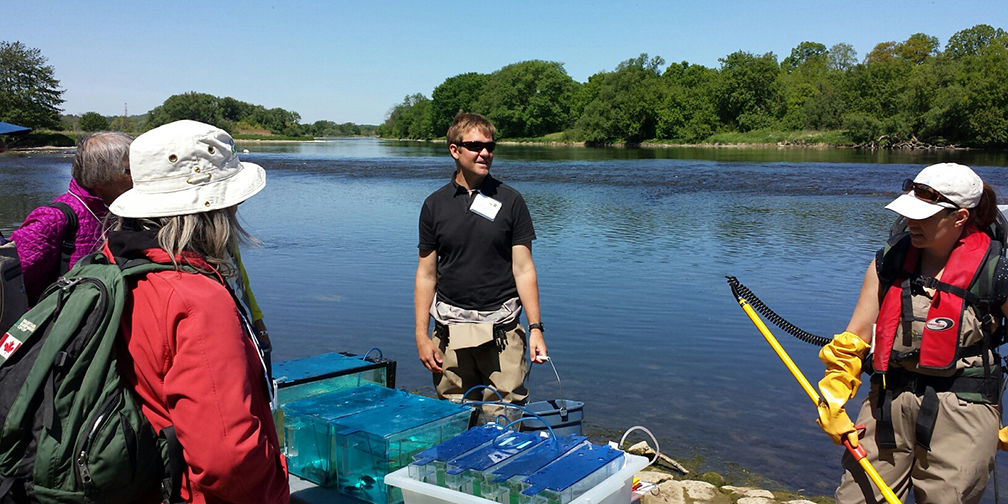
7. To celebrate our natural and cultural heritage.
Protected areas are gateways to the landscapes that have sustained, inspired and defined us who share this land we call Canada.
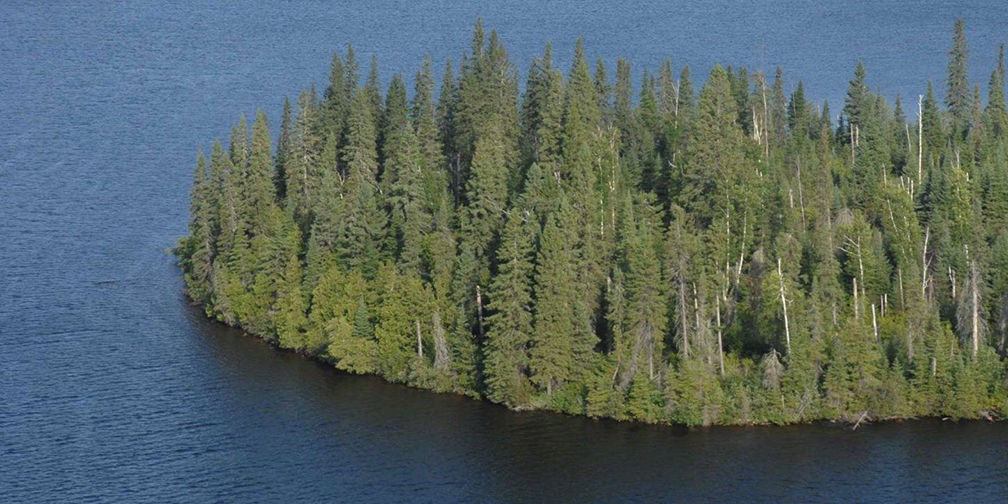
8. To build knowledge and understanding of natural systems and the impacts of human activity.
Protected areas serve as environmental benchmarks for monitoring the health of natural systems and understanding the effects of climate change, pollution, resource extraction, invasive species and other stressors.
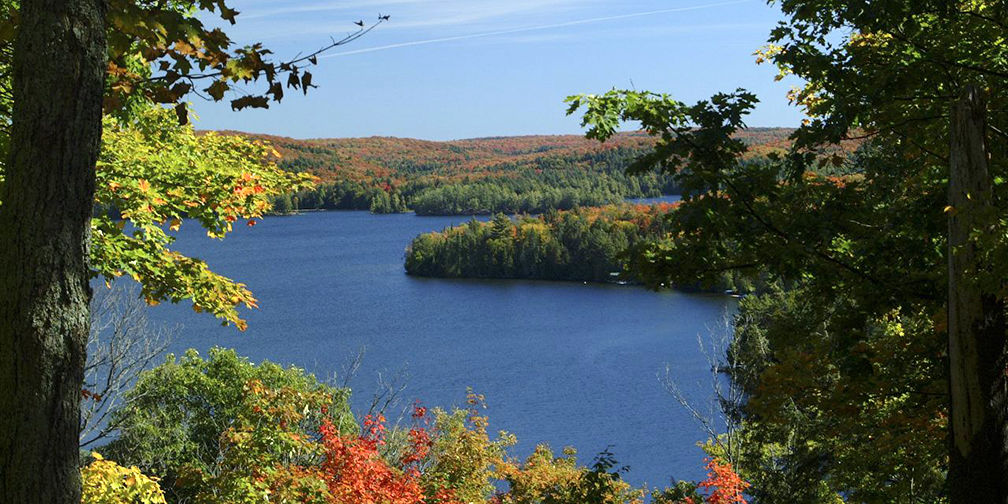
9. To provide opportunities for outdoor recreation.
Every year, millions of visitors enjoy camping, hiking, swimming, canoeing and other outdoor activities in Ontario’s parks and conservation reserves.
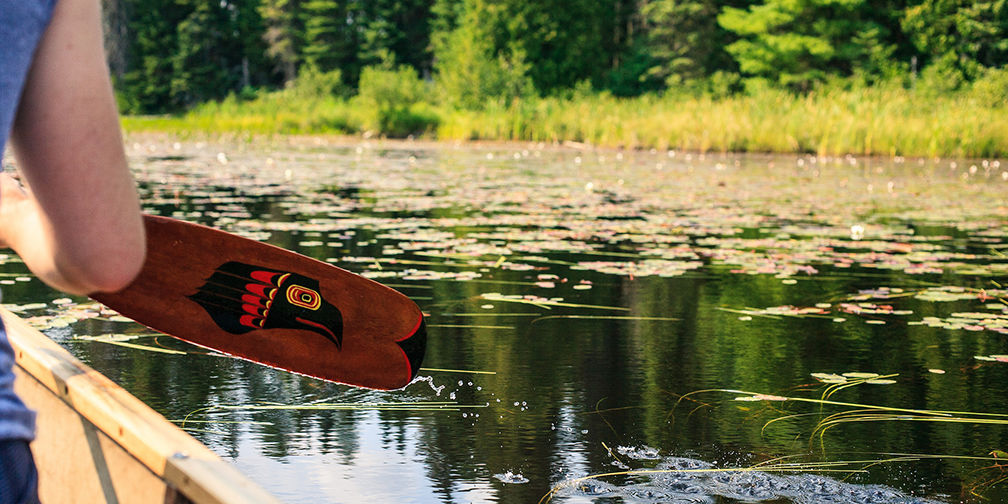
10. To conserve vital gene pools.
A representative system of protected areas that helps to preserve diverse gene pools can maintain future options for research and adaptation in the face of environmental change. Learn more about our Protected Places program.
Your support makes all the difference. Please consider making a gift to help permanently protect iconic wild spaces across Ontario.

Proposed 413 Route, Old School Road with farm and escarpment view © Noah Cole
It’s good to know that extreme weather events can be mitigated by protected areas. A ton of people might assume that wildlife parks are just left alone to the animals. But knowing some are specifically made to help with the weather and such makes them that much more cool.
thank you for your importance information on protected areas. Could please send me some information about national criteria for protected area announcement, it might be better to know on national criteria firstly thane to IUCN criteria
I find it inspiring when you said that people can invest in saving and creating more protected areas so that they can prevent extinction and habitat loss for wiping out both animal and plant species. One way to do this is to support a local charity that focuses on protecting certain species. For example, if my daughter loves riding horses, I would donate part of my salary to a local horse protection organization so that more of their species can exist past her generation. https://equineawareness.org/
I just purchased a small 58 acre parcel of conservation land that has been registered to help to this cause of protecting our environment and species and to enjoy it
Sam, that is excellent news!
If you have any conservation related questions please feel free to ask us at info@ontarionature.org.
Best regards,
ON Noah